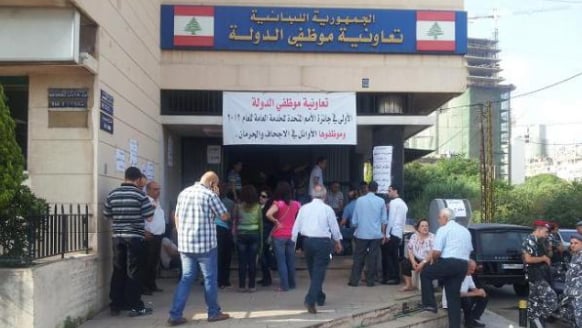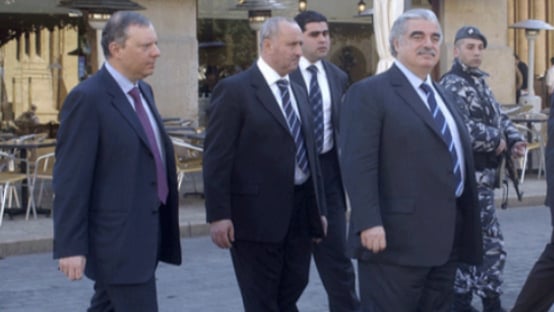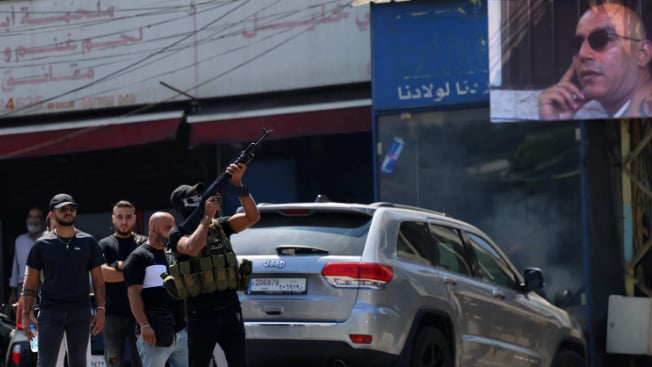Turkey came under increased political and military pressure from Russia and Syria as Turkish President Recep Tayyip Erdogan prepared to travel to Moscow for talks with Russia President Vladimir Putin.
The Turkish Defence Ministry said two soldiers were killed in clashes with Syrian forces in Idlib province, moving the Turkish death toll since the start of the latest incursion a month ago to nearly 60. The Syrian Observatory for Human Rights, a war monitor, said “several” Turkish soldiers had been killed.
The Observatory added that Turkish drones and artillery resumed attacks on Syrian positions in Idlib. Turkey has killed 119 Syrian soldiers and militia fighters, ten Hezbollah members, four Iranian fighters and six other non-Syrian militiamen loyal to Syria’s President Bashar Assad since February 27, the monitor said.
Russian fighter planes supported Syrian troops in Idlib as they pushed west after driving rebel forces out of Saraqeb, a town on the strategically important confluence of the M4 and M5 highways.
Erdogan said he expected his talks with Putin March 5 to result in a ceasefire in Idlib, where Turkey is trying to stop a Syrian advance and to prevent a mass influx of up to 1 million refugees into Turkish territory. Russia is Assad’s most important ally and the leading military power in Syria.
Russian presidential spokesman Dmitry Peskov said Moscow expected “to reach a shared view of the cause of the current crisis, its consequences and agree on a set of measures to overcome it.” Russian officials have said they hold Turkey responsible for the collapse of a ceasefire agreement reached in 2018. They said Ankara failed to honour the deal and rein in militants who continued attacking Syrian and Russian targets.
The stakes are high for both Erdogan and Putin. The Turkish leader needs a positive outcome in Idlib as his domestic problems pile up amid economic uncertainties and growing voter unease about the presence of more than 3 million refugees in the country. Putin wants to end the 9-year-old Syrian war with a military victory for his ally Assad that would also seal a major strategic success for Russia in the Middle East.
Erdogan and Putin have shown before that they can put their differences in Syria aside but this time there is not much space for a compromise because Erdogan has vowed to stop Assad in Idlib and the Syrian leader promised to return the province to his control.
Talks between Turkish and Russian officials in recent weeks failed to produce results. Turkey wants Syrian forces to pull back behind a line marked by 12 Turkish observation posts dotted around Idlib that were set up under a previous Turkish-Russian deal. Most of the posts are encircled by Syrian troops after the recent advance by Assad’s forces.
News reports said Turkey rejected a Russian plan that called for a Turkish withdrawal from most of Idlib, leaving a stretch along the Turkish border functioning as a “safe zone” for refugees and rebel fighters. The United Nations said up to 1 million people in Idlib have fled fighting in the province. Many sought shelter along the Turkish border but Turkey is not allowing refugees to cross.
Kerim Has, a Moscow-based expert on Russian-Turkish relations, posted on Twitter that the meeting of Putin and Erdogan would either be “very short or very long.”
Before the summit, Russia signalled a hard line towards Turkey with several statements that criticised Ankara.
The Ministry of Defence in Moscow said fortified rebel positions in Idlib had merged with Turkish observation posts and that artillery attacks on nearby civilian areas and Russia’s air base in Syria had become daily.
The statement accused Turkey of failing to meet its obligations under agreements on Idlib with Moscow and of helping rebels fighting Assad instead. Major-General Igor Konashenkov of the Russian Defence Ministry said Turkey violated international law by deploying enough troops in Idlib to make up a mechanised division — up to 25,000 soldiers.





